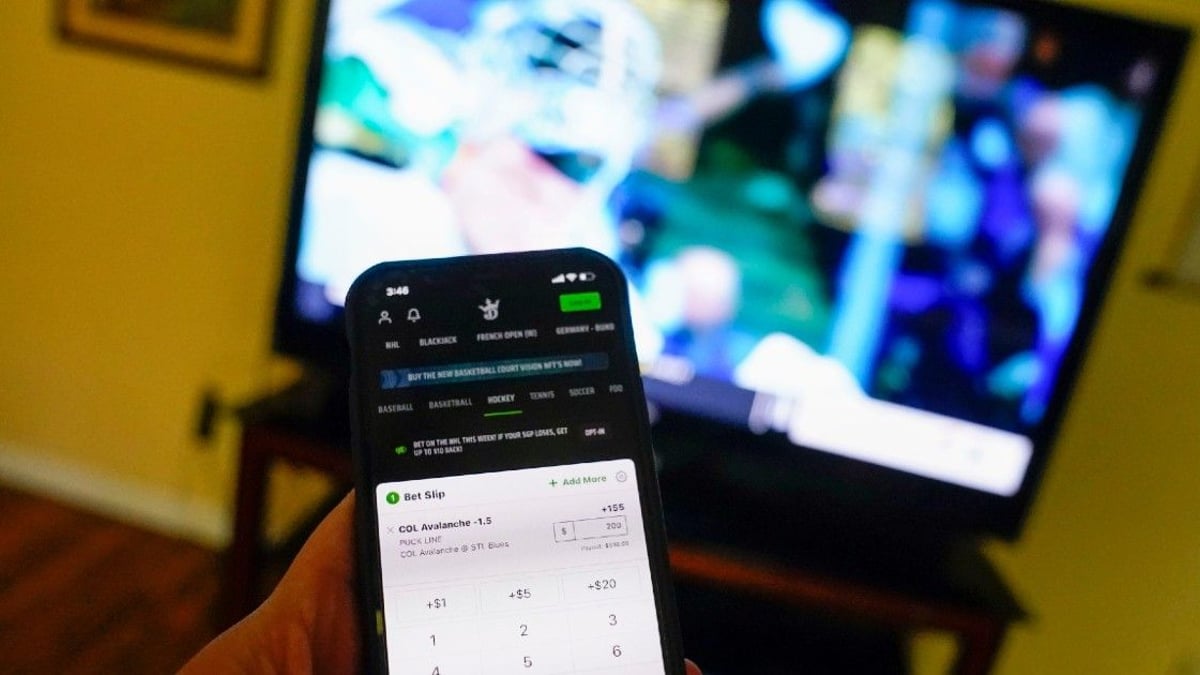Texas Gets The 2023 Sports Betting Ball Rolling; Numerous Obstacles Exist

- Texas Sen. Carol Alvarado pre-filed a gambling expansion bill seeking to amend the Texas Constitution to authorize casino gambling and sports betting.
- The bill faces an uphill battle, needing a 2/3 majority in both chambers of the Texas Legislature before going to Texas voters on the November 2023 ballot.
- Despite Gov. Greg Abbott’s willingness to explore gambling expansions, Texas Lt. Gov. Dan Patrick stands in the state’s way.
Texas is already throwing its hat into the 2023 sports betting ring, but the Lone Star State is, at best, a longshot to legalize sports betting next year. Still, Texas will be one of the most watched states and will not go out with a whimper, as hundreds of lobbyists are on the ground in Austin.
According to Jeremy Wallace of the Austin Bureau, “More than 300 lobbyists are now registered in Texas to work on gambling issues,” including 72 specifically for Las Vegas Sands as the company continues to push for casino gambling. There are also sports betting-focused lobbyists representing the industry’s major players (including FanDuel sportsbook and DraftKings sportsbook) who will look for opportunities to push that issue to the forefront.
The lobbying blitz has a lot to do with Gov. Greg Abbott’s administration telling the Houston Chronicle in October:
“We don’t want slot machines at every corner store, we don’t want Texans to be losing money that they need for everyday expenses, and we don’t want any type of crime that could be associated with gaming. But, if there is a way to create a very professional entertainment option for Texans, Gov. Abbott would take a look at it.”
Sports Betting Is Second Fiddle
A pre-filed bill by Texas State Sen. Carol Alvarado focuses on bringing casino gambling to the state, but tucked away in SJR 17 is language legalizing sports betting. What that looks like needs to be clarified, as the bill is scant on sports betting specifics, stopping short of mentioning retail or online betting.
But if Abbott doesn’t want slot machines at every corner store, one must wonder how he feels about sports betting apps. The skepticism over availability makes retail betting far more likely, but still improbable, than online betting.
There is more clarity around the casino section of SJR 17, which points to the pecking order of gambling expansion in Texas.
If adopted, the bill would authorize up to four Class 1 gaming licenses for resort casinos in areas of the state with populations exceeding two million, three Class 2 gaming licenses for casino gaming at parimutuel facilities in locales with more than two million residents and two Class 3 gaming licenses for casino gaming at parimutuel facilities in areas with fewer than two million residents.
The bill also authorizes tribes to offer casino gaming under the conditions established in the Indian Gaming Regulatory Act (IGRA) and following the signing of a compact with the state.
There is no mention of online casinos or online poker.
Speed Bumps and Roadblocks
SJR 17 highlights the legislative interest in gambling expansion, but many bills get filed, and most go nowhere. Further, gambling expansion in Texas has always been a third-rail issue, and that hasn’t magically changed. The state still faces several hurdles of varying heights.
Speed Bump #1
Considering the casino focus of SJR 17, the sports betting elements could be stripped at any stage in the process if supporters feel casino gambling has a better shot as a standalone measure. That could open the door to a standalone sports betting bill. Still, casino gambling will always be the top priority, and calling on the Texas Legislature to consider multiple gambling expansions in the same session is a big ask.
Speed Bump #2
Passing a Constitutional Amendment requires a 2/3 majority vote in the Texas House and Senate. That reserves it a spot on the November 2023 ballot, with Texas voters having the final say on adoption. Gambling is a controversial vote in most states, and that is particularly true in Texas, which has a long history of resisting legalized gambling.
Major Roadblock
There is also the not-so-small issue of Lt. Gov. Dan Patrick. Patrick opposes gambling expansion. And importantly, he is tasked with establishing special and standing committees in the Senate, appointing the members and chairs, and assigning legislation to committees.
A Constitutional Amendment Might Be the Best Path
Legal sports betting coming to Texas is possible, and a constitutional amendment may be the easiest path, which speaks to the overall difficulty of legalizing sports betting in Texas.
Beyond the state’s culture and the legislative hurdles outlined above, the proposed bill does not mention online betting, which could change quite a few votes.
The good news is the Texas Legislature frequently introduces and passes constitutional amendments. In its history, 700 amendments have been proposed, 517 adopted, and 337 passed by voters. More recently, the Legislature was seven for seven in 2017, nine for 10 in 2019, and 10 for 10 in 2021.
The Market
As the saying goes, everything is bigger in Texas, and that holds true for sports betting.
Texas ranks second in population. Its population of more than 29 million population is 50% greater than New York. New York is a market that has generated $1.5 billion in bets and $150 million in revenue in a single month, despite structural flaws preventing the New York sports betting market from reaching its full potential.
Based on New York, online sports betting in Texas could generate $2 billion to $3 billion in peak betting months, depending on how the market is structured. If Texas legalizes mobile sports betting, and that’s a big if, it will take many compromises and is likely to have many concessions that push the market towards the low-end estimate above.
Be first to get our exclusive sports offers!
Join today to stay up to date on your states gambling news and offers.








